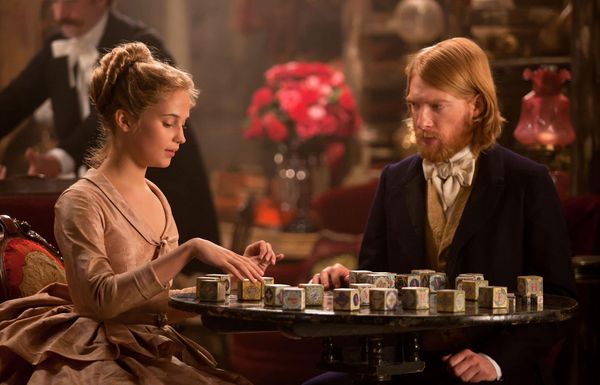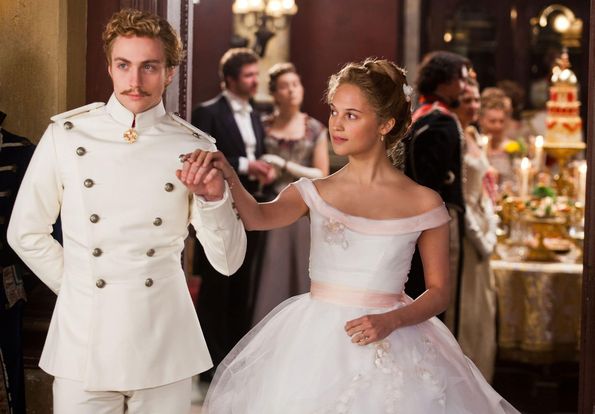Anna Karenina | Waltzing With Count Alexei Vronsky

Anna Karenina (2012) is a visually stunning adaptation of Leo Tolstoy’s classic novel, directed by Joe Wright and starring Keira Knightley in the title role. The film also features Jude Law as Anna’s husband, Alexei Alexandrovich Karenin, and Aaron Taylor-Johnson as the passionate officer Count Alexei Vronsky, with supporting performances from Matthew Macfadyen, Olivia Williams, and Domhnall Gleeson.



Set in 19th-century Russia, the story follows Anna Karenina, a beautiful and aristocratic woman trapped in a loveless marriage with her cold and distant husband, Karenin. When she meets the dashing Vronsky, they embark on a passionate and socially scandalous affair that causes a great deal of turmoil in their lives, threatening her reputation, family, and ultimately her happiness.

Meanwhile, a subplot focuses on the more traditional love story between Konstantin Levin (Domhnall Gleeson) and Kitty (Alicia Vikander), reflecting themes of love, fidelity, and social norms.
Joe Wright’s adaptation of Anna Karenina is notable for its bold, theatrical style. The film takes a unique approach, presenting much of the story as if it were unfolding on a stage, using set changes, stylized backdrops, and fluid transitions to create a heightened, almost dreamlike quality. This decision divides critics and audiences, with some praising the creativity and artistic risk-taking, while others found it distracting or artificial.











